
How do you talk about food, and why does it matter?
The language you choose when you talk about food may seem like mere words you throw out casually. No big deal.
Wrong.
It’s really, really important.
Language can have a powerful effect on your relationship with food, your thoughts about it and yourself, and your behaviors.
Likely without you even realizing it.
Let’s go through some common ways I hear nutrition clients speak about food (and things I’ve said myself in the past), and how we can try to look at food more objectively.
“I was ‘bad’ today.”
Did you murder someone?
YES: Yep, that’s pretty bad.
NO: You ate dessert today.
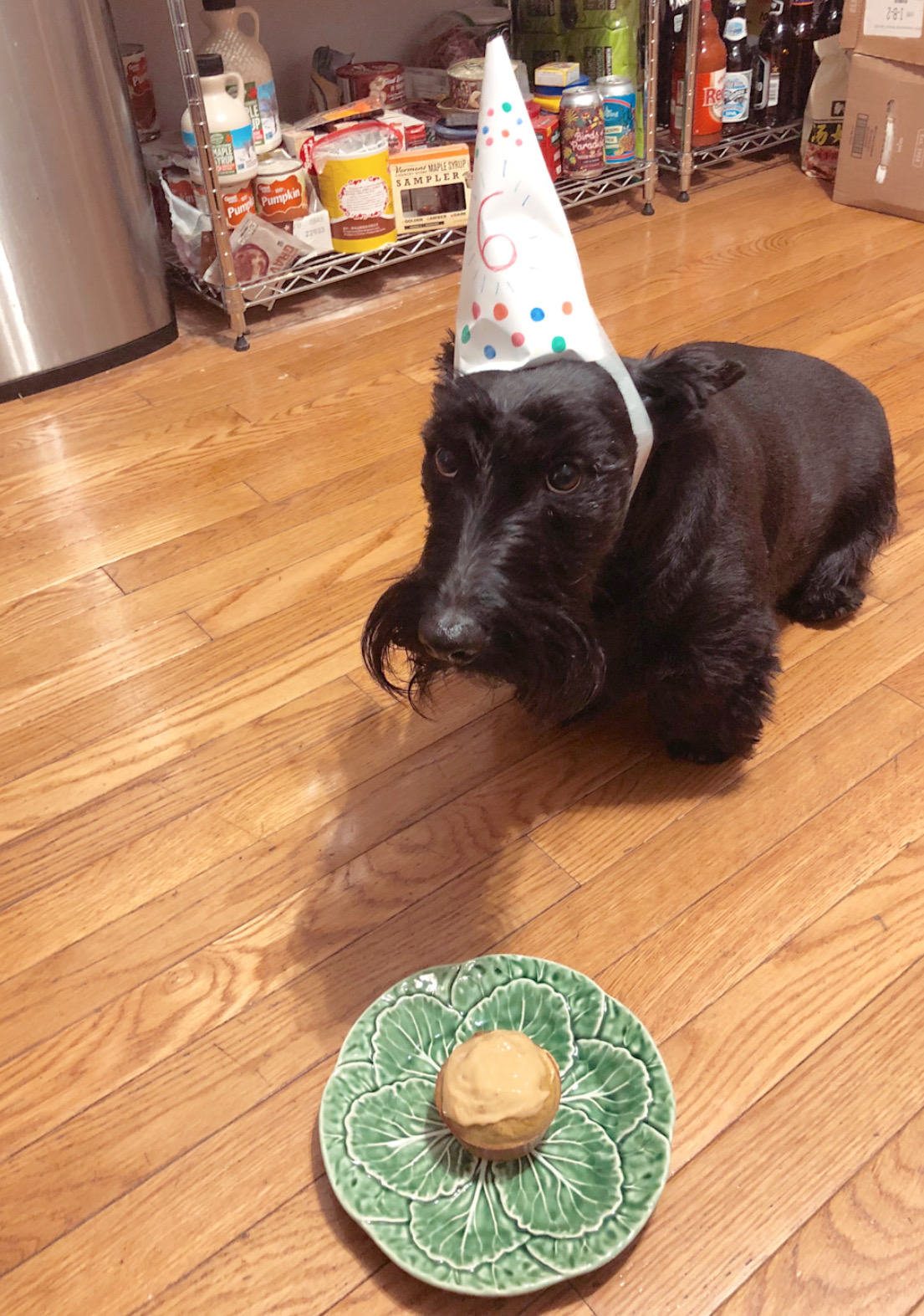
“I need to start eating ‘clean’.”
Have you been eating food you dropped in the dirt?
YES: That’s gross.
NO: Your food is already clean.
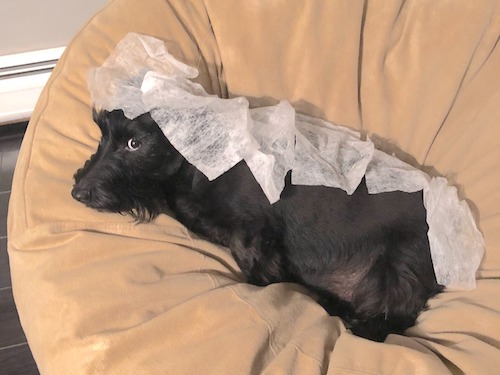
“I ate ‘crap’ all weekend.”
You ate poop all weekend?
YES: That’s disgusting and you should probably see your doctor.
NO: You ate out at restaurants this weekend.
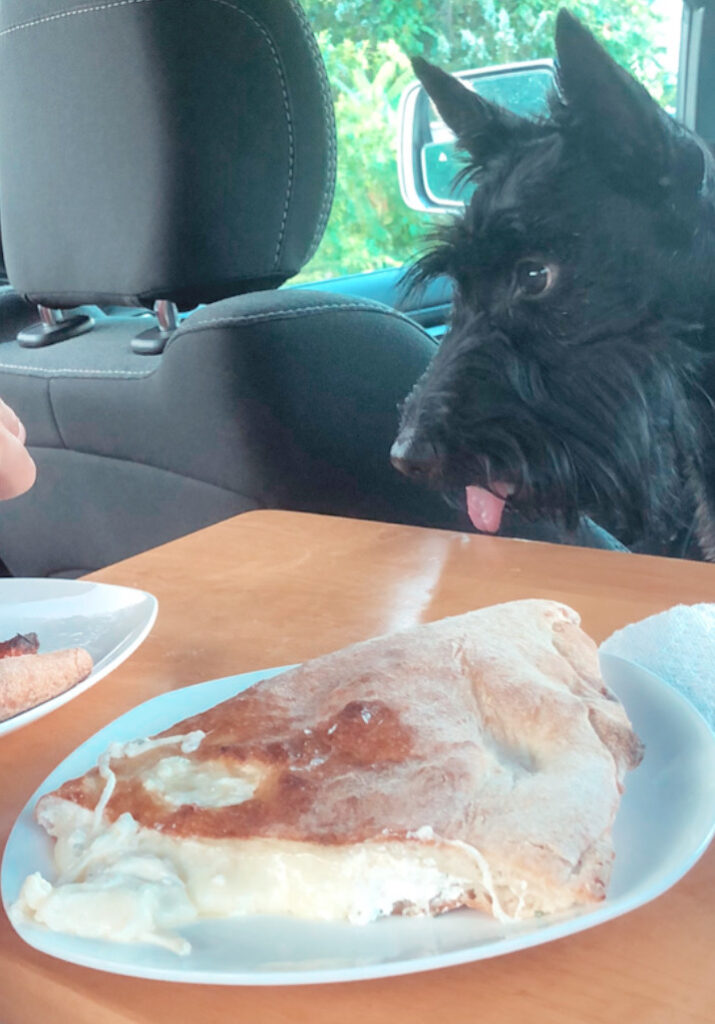
“I’ve been eating too much ‘junk’.”
Did you go to the junkyard and snack on random metals?
YES: You should visit the grocery store. They have better things to eat.
NO: You’ve been eating certain snacks more than usual.
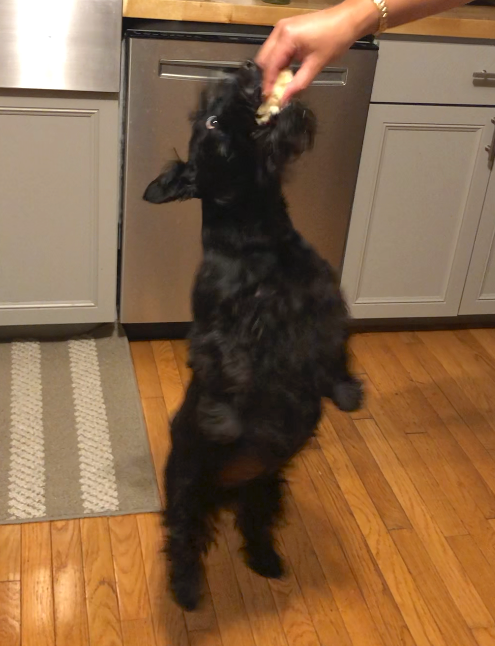
“Yesterday was a ‘cheat’ day.”
You cheated on your spouse?
YES: Yep, you did cheat yesterday.
NO: You ate a little more or different food yesterday.

“I have ‘Satan’ in my freezer.”
The devil himself has somehow survived amongst the ice and is threatening to burn down your house every time you open the freezer door?!
YES: That sucks. You should probably move.
NO: You have vanilla ice cream in your freezer.
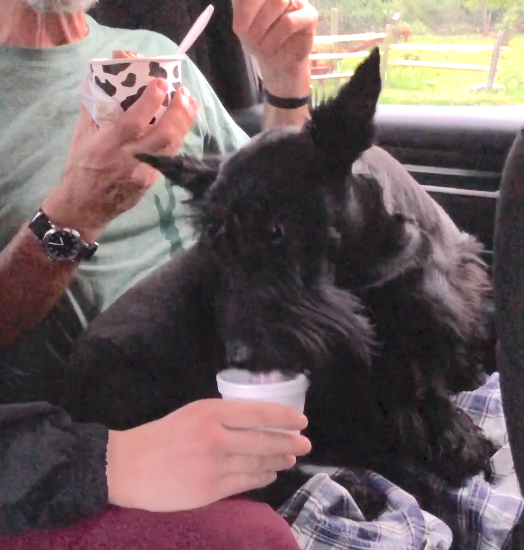
Does that put things into perspective a bit?
Here are the takeaways:
There are no good or bad foods.
Labeling them, or yourself, as such invokes shame and the need to punish yourself.
Referring to a certain food as the devil – or bad – or as something you shouldn’t have – allows it to have power over you.
You may not realize the effect these words have, but it’s there. You’re subconsciously reinforcing negative connotations toward food.
Naturally, if you view a food as “bad,” you’ll restrict or limit yourself from having it.
The more you restrict, the more you’ll end up “giving in” and overeating.
Ensue the cycle of:
- Thinking you did a terrible thing by eating these foods
- Punishing yourself through negative self talk, restriction, exercise, etc.
- Fearing and avoiding these foods completely
- Subsequently craving them, and giving in and overeating them again
- Repeat
What can you do instead?
Remove the negative labels.
When food is no longer “bad,” “junk,” “crap,” “cheating,” it just becomes food.
It loses its power, it’s no longer off limits, and you’ll break the cycle of bingeing and restricting.
You can make choices about what you eat, and if they don’t align with your goals, you can allow yourself to enjoy the experience and then get back on track the next day.
It does not mean the food was bad.
It does not mean it was bad of you to eat it.
It does not reflect your morals or your worth as a human being.
Do you want to improve your relationship with food?
Change the way you talk about it.
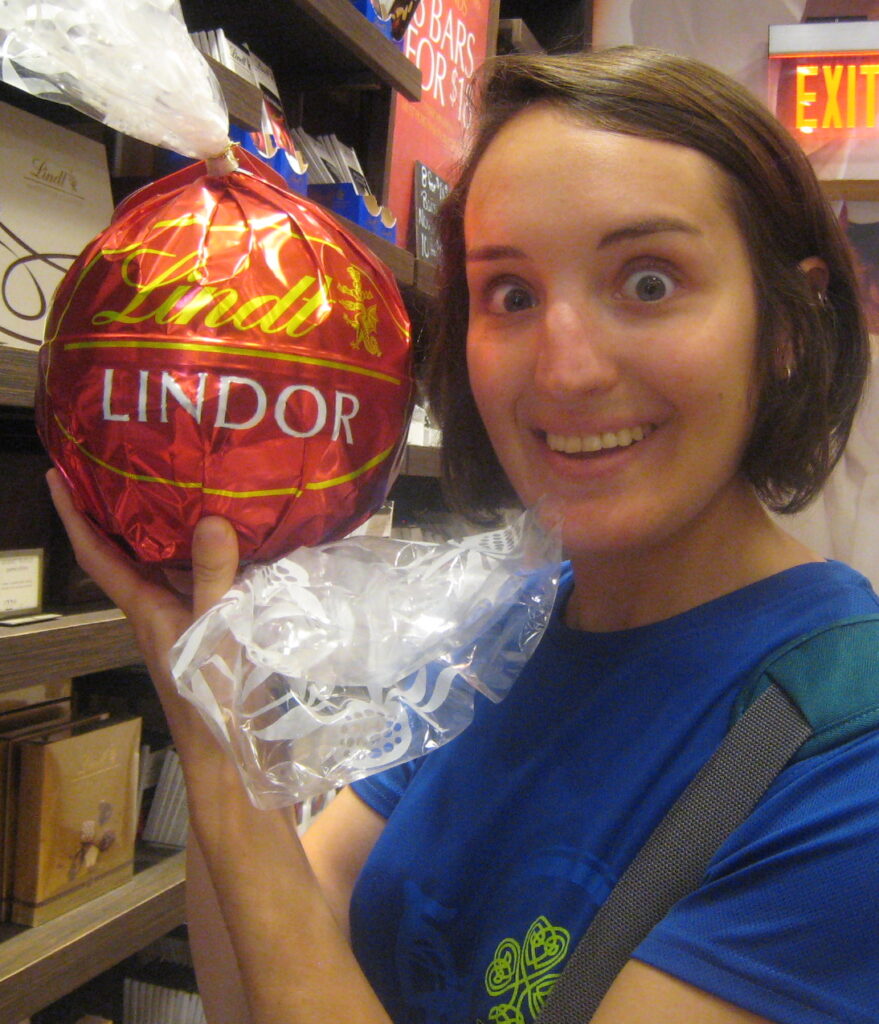
Happy eating!
-Dina
Dina Grimaldi is a triathlon & nutrition coach who helps athletes reach their goals while finding the balance they need to fit training comfortably into their lives, and who guides and supports those with nutrition or health goals to cultivate a lifestyle of sustainable habits and a healthy relationship with food.
